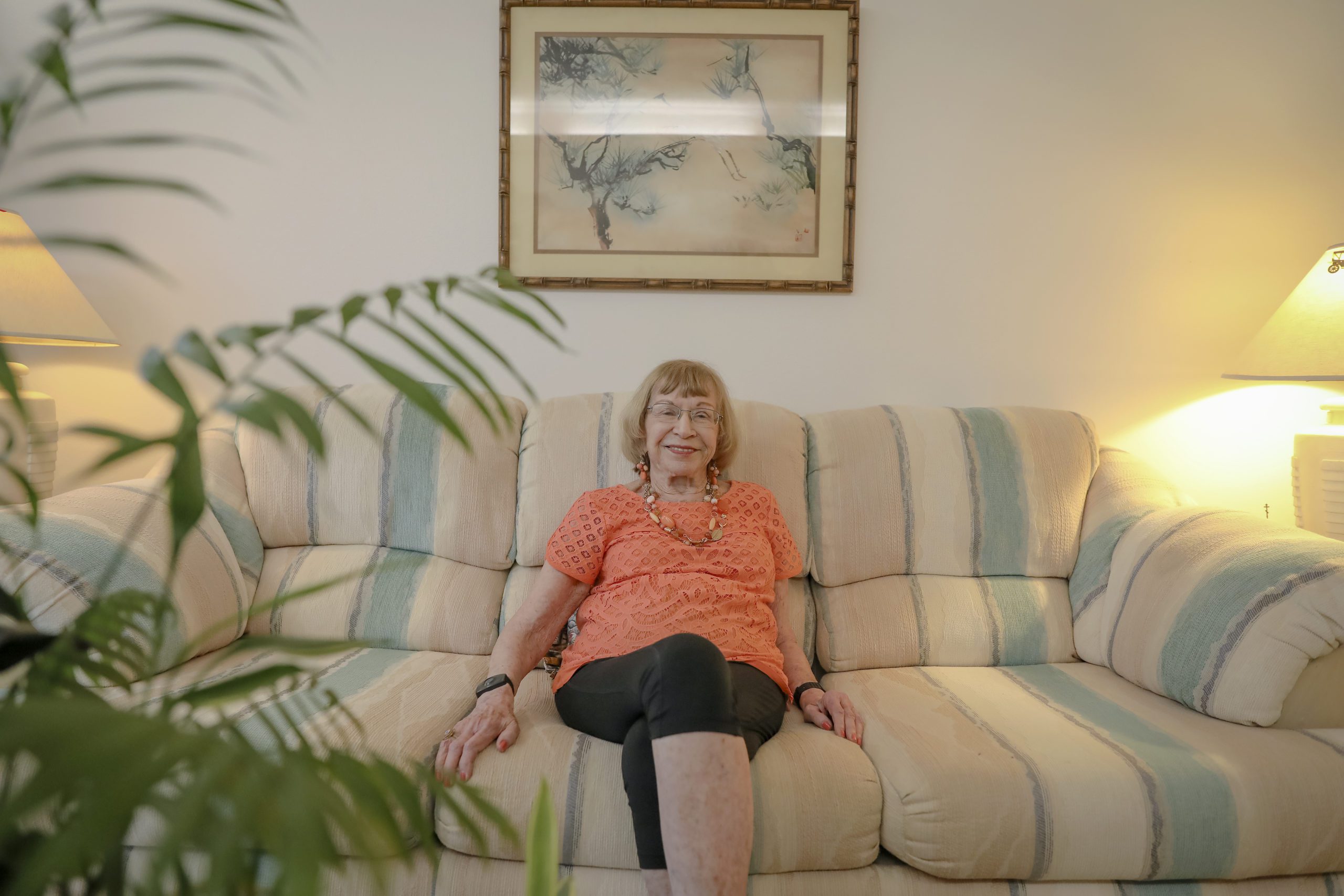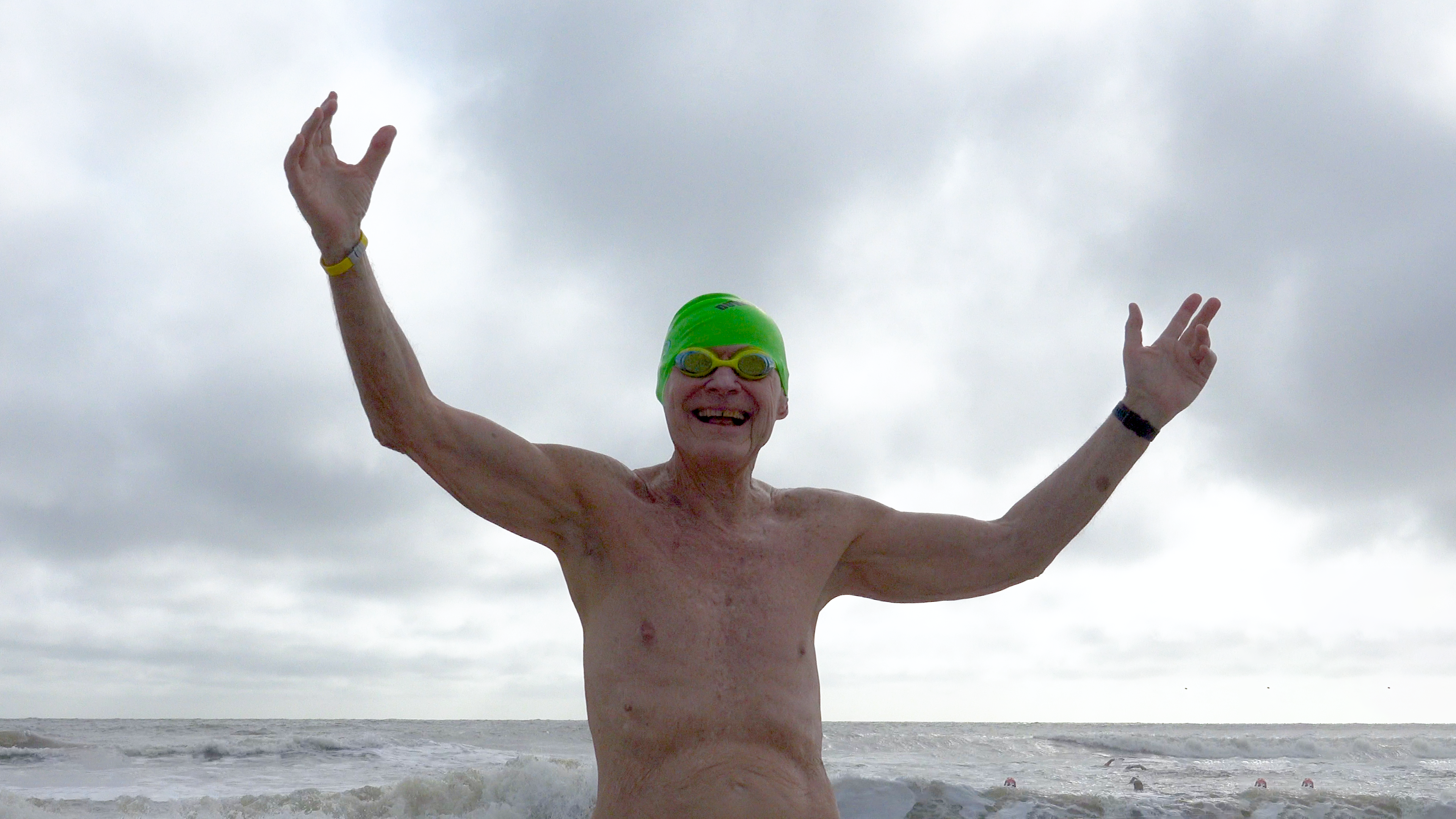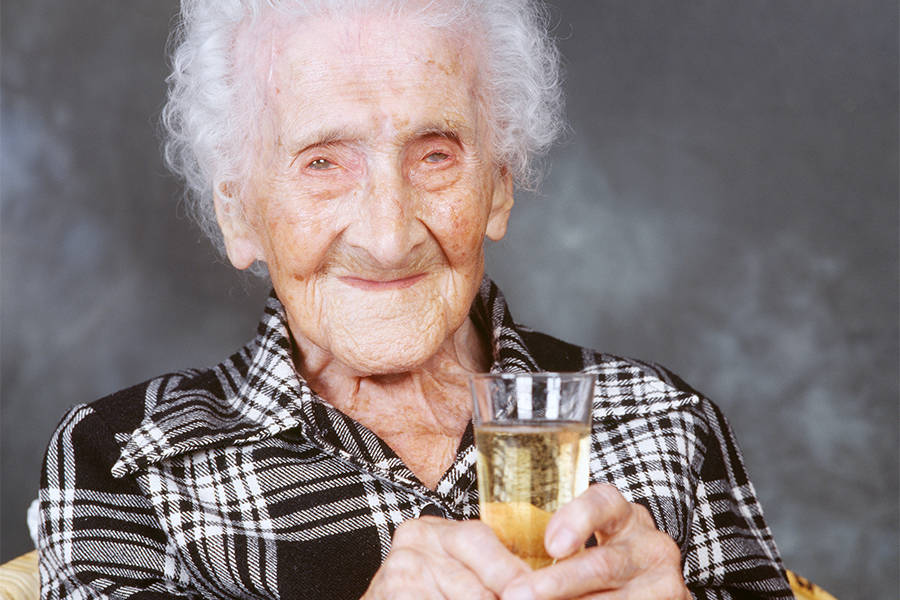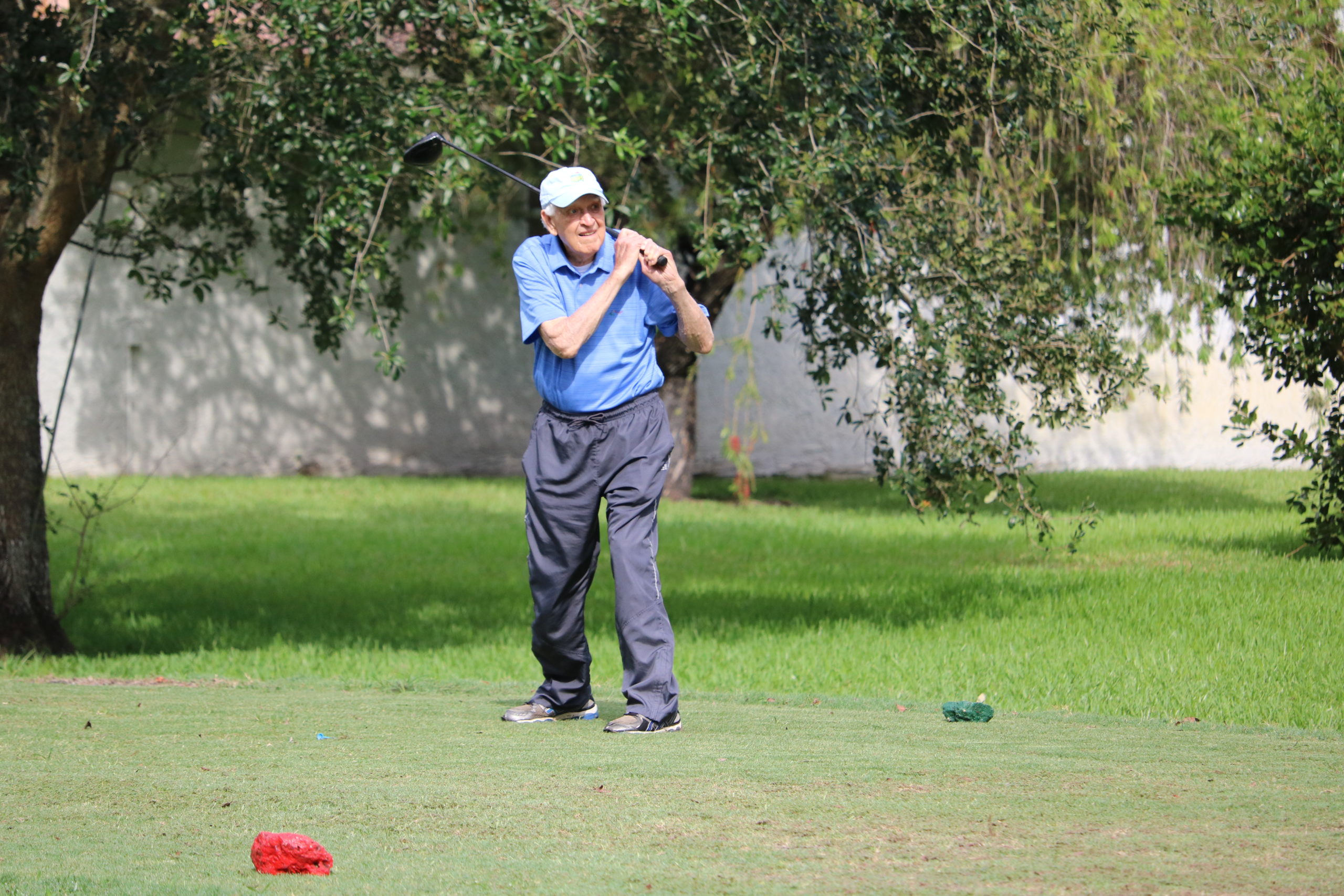Sonia Pressman Fuentes sits at her computer terminal in her apartment at her retirement community for several hours every day. At 96, she is still driven to fight against social injustice, just as she has for decades. In 1966, Fuentes was one of the co-founders of the National Organization for Women (NOW). She was also the first female attorney in the Office of the General Counsel at the U.S. Equal Employment Opportunity Commission (EEOC), which processed complaints against racism and sexism in employment. Her articles on women’s rights and other subjects have been published in newspapers, magazines, and journals around the world. And she hasn’t stopped fighting injustice.
“Retirement has never occurred to me,” Fuentes said. “Fighting injustice is something you just don’t walk away from. It becomes part of who you are. People say, ‘But you’re 93, what can you do?’ Well, I can speak, and I can write, so that’s exactly what I do. What a blessing that is to still be able to do that to make a difference.”
Currently, Fuentes is helping a high school student fight against a dress code that prohibits girls from wearing pants. Fuentes has worked with the student’s family to help them understand what to expect and connect them with the resources they need to make their case. It’s something Fuentes is happy to do and reminds her of the great strides made in the fight for women’s rights.
“When we founded NOW, we had no idea how far the fight would go,” she said. “We just wanted women to be treated equally regarding getting into colleges. What we did sparked a revolution beyond our expectations. The changes that I have lived to see in the status of girls and women is mind blowing. I am so grateful to have seen those changes in my own lifetime.”
Sonia Pressman Fuentes as a role model
While Fuentes’ continuing efforts might seem extraordinary, some experts believe that older people may be best suited for promoting the wellbeing of society. Psychologist Erik Erickson thinks people over the age of 50 have one of the most valuable qualities: generativity.
Generativity is defined as the propensity and willingness to engage in acts that promote the wellbeing of younger generations as a way of ensuring their future and adding to your legacy. Erickson theorized that it is in the later stages of life where our desire and capability of serving humanity are at their highest and when we are least distracted by ego and individual issues. He believed that is when we become most concerned with making our mark on the world by nurturing or creating things that make a difference long after we pass.
In Fuentes’ case, she has a legacy that includes a long list of accomplishments. She believes making a difference is not only a calling, it is what gives life meaning. As long as she’s healthy enough to help, that is exactly what she plans to do.
“What else would I go and do that’s more important?” she said. “You can count on me to continue as long as I can. Because to me, making a difference is the most gratifying thing you can do, even in your 90s.”
Fuentes provides the kind of inspiration that reminds us all that we are never too old to make a difference.















